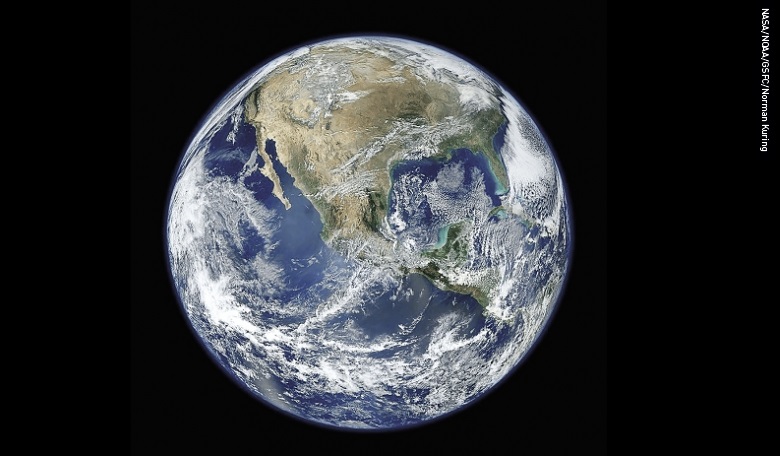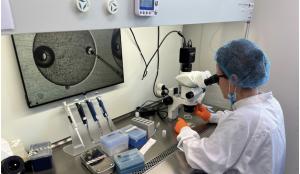Earth observation data derived from satellites has evolved considerably from its roots in the early weather satellites of the 1960s. Geoff Smith considers this evolution and what the exponential increase in data means for the planet.
Our love affair with oil has driven huge developments, but we are starting to pick up the tab for our dependence, which will continue for generations to come. Now more than ever, humanity needs to get a grip of what it is doing to the world and turn things around before the climate change and biodiversity crises cause irreparable damage. It is time to take a different view.
Very few of us have had the opportunity to take a step back and consider our planetary home in its entirety. However impressive the ‘Blue Marble’ - photographed by the Apollo astronauts in orbit around the Moon - might be, or the ‘Pale Blue Dot’ imaged by Voyager 1 six billion kilometres from Earth, these images cannot hope to capture the complexity of the physical and biological, natural and anthropogenic processes on Earth.
All of these biophysical processes are inter-related, creating a richness and variety of ecosystems and biomes which grace this planet. From the geological timescales of continental drift to the breaking of waves on the shore, Earth itself is highly dynamic. This interrelatedness and dynamicity challenges our understanding of the changing world and how our actions can impact the ecosystems it harbours.














